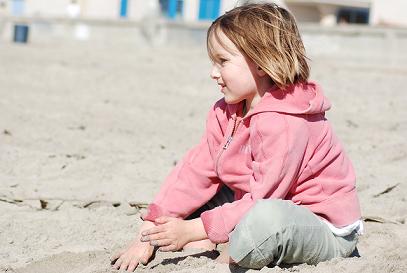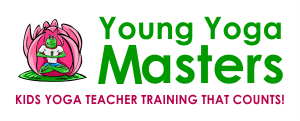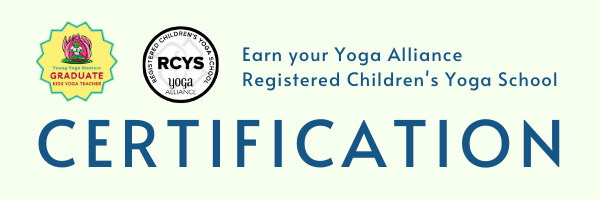( In my city, Toronto (Canada), school teachers guide kids on themes of Character Development. I went to the Yoga In My School specialist, Donna Freeman, for some yogic insight bout them. Thank you to Donna for this monthly series.)

Personal and Universal Honesty
by Donna Freeman
www.YogaInMySchool.com
Teaching children to be honest is a primary goal of their upbringing. A common childhood tendency is to stretch the truth, exaggerate, or tell little lies that often lead to bigger ones. It is essential that each child learn what truth is so that they may develop confidence, trustworthiness and integrity, and become honourable, dependable adults.
Truth can be divided into two categories: personal truth and universal truth.
Personal Truth
Personal truth is an individual account or understanding of events. For children this most often becomes important when resolving conflict. “Tell me your version of what happened,” is a common request whenever adults intervene and need to understand the actions that have transpired to cause the hurt, anger, and tears.
Each individual experiences life differently. Even identical twins will gain different knowledge and life experience from the same life events because they are unique individuals with their own view of the world.
Empathy is developed as children begin to understanding that personal truth is relative. By seeing life through another’s viewpoint, children expand their comprehension of life and compassion for others.
Universal Truth
In yoga, truthfulness is called Satya: deep, foundational truth regarding the world, love and purpose in life. This is more than just telling the truth.
Knowing that within oneself are all the skills and abilities needed to successfully navigate life’s journey is a core concept in yoga. These skills may still be in embryo. However, each individual has it within themselves to be happy, successful and confident. As they learn to access their inner power and beauty, develop various skills and abilities, and trust themselves, they will reach their full potential.
Satya is also harmonizing the mind, heart and actions. When individuals live with moral discipline and align their actions with their beliefs they are living honestly. However, truth should never be used to hurt or destroy, and therefore needs to be tempered with kindness (ahimsa).
Parents, teachers and others who work with and care for children can assist them in learning to be honest with other individuals, society and themselves as they teach both personal and universal truth. These are not quick lessons, taught once and easily integrated. Instead continual review and application throughout the formative years is needed.
The result, however, is worth the effort. Children who have learned these lessons become responsible adults known for their positive outlook on life, kindness to self and others, and integrity. That’s a reality worth working towards.


Thank you for this post – my 5-year-old daughter has lately been stretching the truth, or fibbing, and I’ve struggled to figure out what to do. One tip I heard from a kindergarten teacher is to say “That sounds like something you wish were true,” when applicable. I’d love to hear your advice on what to say when it’s something totally untrue, or when it applies to something shameful, i.e. lying about a specific act, knowing I will disapprove. “Did you have a cookie without asking?” She responds “No” when I can see the crumbs on her lips. I love the idea of bringing universal truth into the equation, but sometimes that is too much for a young child. Any advice? Thanks!
Sometimes the questioning is the problem. In terms of Universal Truth many questions are not really questions. They’re disguised as questions, but are really trying to say something or make a point, instead of finding out something you don’t know. For instance:
“Did you have a cookie without asking?” – you already know the answer.
Stating a truth like: “I see a girl with cookies crumbs all over her chin.” may help her tell you what happened and why she did it.
Even following with more truth, yours and hers: “I thought we agreed that you would ask before having a cookie. You must have been really hungry.”
I remember doing a meditation where we had to examine our speech, what we were saying, and what we meant. I discovered that I used many question to actually try to make a point or lead things the way I wanted, rather than just saying what I wanted. Knowing this helped me a lot with communicating with kids and adults (and in my marriage too!).
So much of communication can be improved by both parties approaching it in a different way.